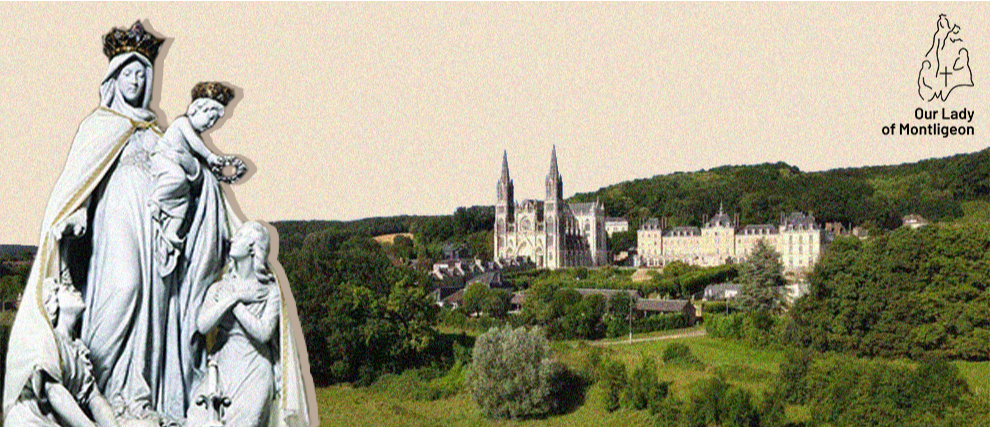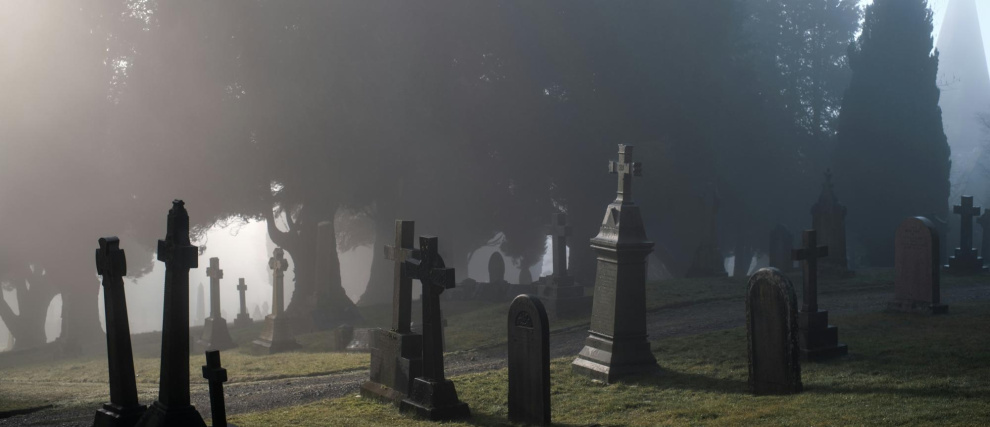Vision of a deceased person: psychological or spiritual phenomenon?
Sometimes, after the death of a loved one, we can have the feeling of their presence, or even of seeing that deceased person. This can quite legitimately make us wonder: why these apparitions? What do these visions mean? Can I really be in contact with a deceased person? While of course every experience is personal, here are a few keys and some insights from the Church to better discern what may belong to the realm of memory, to mental representations, and to the realm of the spiritual.
Apparition or vision?
It is only at the end of the Middle Ages that people begin to distinguish a vision from an apparition. Today, experts clearly distinguish the two terms. We speak of the “apparitions of Lourdes” but of the “visions of Anne Catherine Emmerich.” An apparition is immediately linked to the place where it occurs, whereas a vision is linked to the person who experiences it. An apparition manifests itself to the senses, such as sight, and therefore presupposes a real, present being. This is not the case for a vision, which does not imply a real presence. A vision can be experienced by a mystic on a spiritual or intellectual level. Consequently, when a person appears to us in a dream, it is a vision and not an apparition.
Vision of a deceased person during a dream
It is possible, and even common, to see deceased persons appear in our dreams. Those loved ones are always present in our unconscious and subconscious. Our memory brings them back to us, and it is therefore normal that they form part of our dreams. However, a dream may catch our attention because of its precision, because of the words spoken, and we then try to interpret the dream.
Can the deceased interact with us?
The teaching of the Catholic Church indicates that the dead can interact with the living only in cases where God permits it, and this is not very frequent. The Catechism of the Catholic Church teaches that there are three places where the dead can be found: Heaven, Purgatory, and Hell. These places influence their possible interaction with us. The saints—those who are in Heaven—have greater latitude; we see this in the many miracles they are able to obtain and in their appearances on Earth that can take place—discover these astonishing apparitions of saints! The dead who are in Purgatory (presumably the majority of cases) cannot contact the living by themselves; they can entrust their intentions to Jesus or to the Virgin Mary, who can transmit them to the living—particularly during dreams. As for the damned souls who are in Hell, they presumably have no possible contact with the living.
Can the deceased speak to us through dreams?
It happens that saints appear during dreams. This is the case of the saint Carlo Acutis, who appeared in a dream to his mother. He comforted her and announced events to come that were fulfilled. Padre Pio, Saint Charbel, and many other saints have appeared in dreams to announce healings, to bring a message from Heaven, or simply to encourage a person going through a trial.
The souls in Purgatory sometimes have relations with the living, but this is much rarer. The case is known of Maria Simma, an Austrian mystic who had the vocation of helping the souls in Purgatory. These came to her, with the Lord’s permission, to ask for specific help that would enable them to leave Purgatory more quickly and reach Heaven. For example, some came to ask that Masses be offered; others came to ask for specific prayers, or to have a stolen object returned to its owner. Other mystical souls have encountered souls from Purgatory; this is the case of Maria Valtorta, of Luisa Piccarreta, etc. Other persons have been able to visit Purgatory with the Holy Virgin during great Marian apparitions; this is the case of the three little shepherds of Fatima, but also of Vicka and Jakov, seers of Medjugorje, and others.
Do apparitions of deceased persons exist?
The Church recognizes only apparitions of persons who have entered heavenly beatitude, that is, the saints: Christ, the Virgin Mary, the angels and archangels, Saint Michael, Saint Joseph, Saint Anne, Saint Thérèse of Lisieux, etc.
The Catholic Church is firmly opposed to the practice of any kind of spiritism or evocation of the dead, because of the dangers we incur by engaging in it, since demons can take on the appearance of the dead to deceive us. The Catechism of the Catholic Church tells us: “Spiritism often involves divinatory or magical practices. The Church therefore warns the faithful to beware of it.” Indeed, by such actions, the soul opens itself not to the dead but to the powers of Evil, such as demons.
Why must we pray for our deceased?
The Church encourages all the faithful to pray for the dead and offers prayers and liturgical times intended for prayer for the deceased. The month of November, with the Feast of All Saints and the Commemoration of All the Faithful Departed, are privileged times for this. According to the Catechism, the Church calls Purgatory the “final purification of the elect, which is entirely different from the punishment of the damned.” “Those who die in God’s grace and friendship, but still imperfectly purified, although assured of their eternal salvation, suffer after death a purification to obtain the holiness necessary to enter the joy of Heaven.” Our prayers, sacrifices, and offerings of Masses help the souls in Purgatory to reach Heaven more quickly; they also relieve them of their pains. Here is what the Church says: “From the earliest times, the Church has honored the memory of the dead and offered suffrages for them, in particular the Eucharistic sacrifice, so that, purified, they may attain the beatific vision of God. The Church also recommends almsgiving, indulgences, and works of penance for the dead.”
Pray for your deceased loved ones with Hozana!
! Join the prayer worldwide for the dead, with a short meditation to listen to each day.
Thanks to , pray for the repose of your deceased by asking for the intercession of all the saints around the Virgin Mary and the Wounds of Christ!

